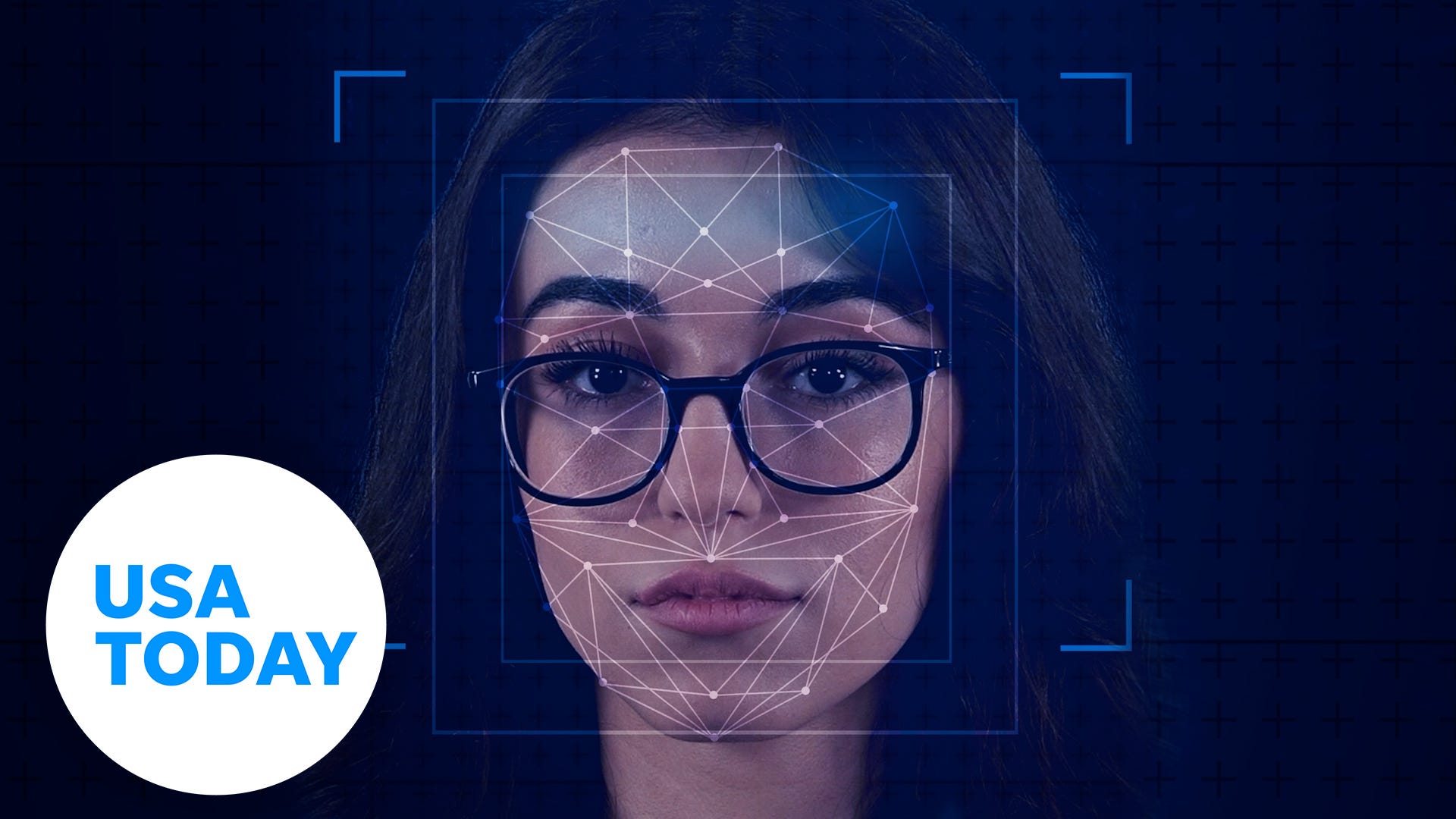Scan, Smile, Board: Why Your Face Might Be Your Next Boarding Pass | Cruising Altitude

- Biometric ID and boarding, which use facial recognition technology, are becoming increasingly common at airports.
- The technology can speed up security and boarding processes, but there are data privacy concerns.
- The TSA and airlines say the systems are secure and delete data shortly after verification.
There are some technological innovations I’m deeply skeptical of, things like Venmo or 23andme don’t sit well with me. I don’t want a third-party company getting access to my bank account or my DNA. I’ll stick to Zelle and a hand-drawn family tree, thanks.
That being said, other new tech? I’m all in on.
When I fly, I rarely even have to take out my ID anymore now that I’ve opted in for touchless TSA Precheck and biometric boarding on international flights.
In 2025, my face is my ID, and this experience is only likely to become more common in the future.
“Passengers don’t want to spend too much time finding out where my wallet is, where my phone is and such,” Krishna Sampigethaya, chair of the Cyber Intelligence and Security Department at Embry-Riddle Aeronautical University told me.
He said biometric ID can actually be more secure from a flight safety standpoint than a traditional boarding pass, though he acknowledged there are some data privacy concerns with this new tech.
Still, I have a driver’s license and a passport, and I’m enrolled in Global Entry and TSA Precheck, so the government already has my face data. I may as well take advantage of the convenience.
At a high level, with both biometric boarding and touchless ID at airports, a camera scans your face rather than a Transportation Security Administration officer or a gate agent verifying your personal data against your boarding pass.
It leads to faster processing times at security, and faster boarding on international flights. Some airlines like Delta also use touchless ID at bag drop, which speeds things up there, too.
But there are some limits to its applications for now.
On the security checkpoint side, passengers need to be enrolled in Precheck and their airline’s frequent flyer program, and only a few airlines participate in the touchless ID pilot right now: Alaska, Delta and United.
Clear, a third-party company, also offers biometric security for an annual fee of $199.
Both domestic and international travelers can use biometric ID at TSA Precheck checkpoints in select airports when they’re flying with participating airlines, but for now, your face can generally only replace your boarding pass on international flights.
“Customers really quickly could grasp that biometrics, face matching, is a replacement for ID, but they’re not yet willing to accept that it’s a replacement for boarding pass,” Greg Forbes, Managing Director of Airport Experience at Delta, told me. He said customers generally seem fine with a face scan at a point where they’d have to present ID anyway, like at the TSA checkpoint or at the gate of an international flight instead of paper passport verification. But, he said, passengers are a little more hesitant about getting a scan when they wouldn’t have to present ID.
Still, in all the applications where biometrics are in use, passengers seem to like it.
“It’s become expected. We definitely hear about it when there’s some sort of technology issue when the cameras are down,” Forbes said.
The TSA said customers have similarly had positive feedback of their touchless Precheck pilot.
“Everything that we have heard to date from the passengers who use it is they’re glad and appreciative that this technology is being used the way it is,” Carter Langston, press secretary at the TSA, told me.
While it’s inarguably convenient, biometric technology raises data privacy concerns for many travelers.
There’s no perfect system of course, but experts and officials said that the way airlines and airports use biometrics at the moment is relatively secure.
“All of this biometric traffic travels on a dedicated network within the airport that’s hidden from the public. Typical cyber protections to harden the transaction,” Forbes said. He added that Delta Air Lines has other encryption steps that make it harder for bad actors to view personal data about passengers.
According to the TSA, its systems generally delete facial recognition and personal traveler data immediately after identity verification. For touchless Precheck, data is stored for 24 hours after scheduled departure time.
Sampigethaya said facial scans are so common these days that there’s very little reason to single out airports as a particularly vulnerable site.
“Surveillance is pretty prevalent. The samples that are taken at the security checkpoints, for me it’s not that much of a concern,” he said.
Forbes said Delta uses biometric boarding instead of a boarding pass for more than 90% of international departures across its network. Many other airlines in the U.S. and abroad use biometric boarding for international flights as well. Langston said the TSA hopes to add more airlines and airports to its touchless Precheck pilot, though for now it will still require travelers to be enrolled in both the airline’s frequent flyer program and Precheck to take advantage.
Forbes said it’s likely biometrics will continue having a bigger role in travel, especially as customers grow ever more comfortable with the technology.
“The use of biometrics on departure is pretty well-baked and functioning really well,” he said, and he expects biometric scans to play a bigger role in arrivals in the future. Global Entry members already use biometric scans instead of passports at many ports of entry in the U.S.
Still, Sampigethaya said, it’s good these changes aren’t happening overnight. With scale comes more cybersecurity risk.
“It’s a lot of computers that’s gathering data,” he said, and more every time a new biometric system comes online. “Are you really comfortable having an internet of things with all kinds of data and who is accessing those? In that context, you have to think twice before you agree to being scanned.”
I get what he’s saying, but my thinking remains: the government and airlines already have this data. Scan my face and let me get through the airport faster.
Zach Wichter is a travel reporter and writes the Cruising Altitude column for USA TODAY. He is based in New York and you can reach him at zwichter@usatoday.com.


